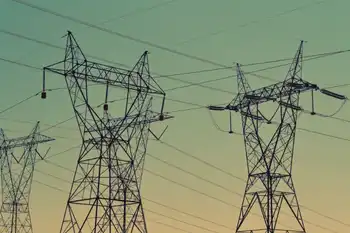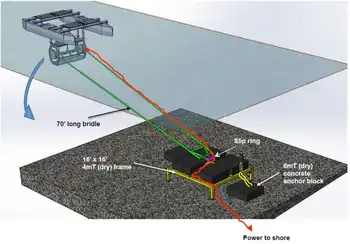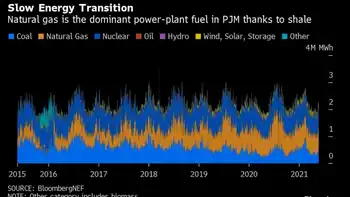UK firm signs new trial for energy saving device
LONDON, ENGLAND - VPhase has signed a further trial deal for its energy-saving voltage product, highlighting how small energy efficiency firms could come to the fore as Britain enforces stringent emissions targets.
VPhase said a social housing group based in the North-West of England will trial VPhase's product, which is attached to a household fuse box and can reduce electricity consumption by 10 percent by regulating the level of voltage coming in.
Shares in the smallcap company, which started making commercial sales in September, rose 6 percent after the news to 4.5 pence.
The deal comes just after Drax, which runs the UK's largest coal-fired power station, signed up energy efficiency specialist Eaga to provide services under the Community Energy Saving Programme (CESP).
Government initiatives such as CESP and CERT (The Carbon Emissions Reduction target) force utilities and housing providers to reduce carbon dioxide emissions from homes by offering insulation, renewable technology and energy saving devices.
Drax is one of the first companies to develop CESP plans and said it was new ground for the firm.
"This is the first time that generators have had an obligation which links them directly with end consumers," CEO Dorothy Thompson said.
"Working with Eaga means our obligation can be managed in a very efficient way in what is very unfamiliar territory for us."
FTSE 250-listed Eaga is the UK's second largest installer of central heating systems and already delivers the government Warm Front program which aims to eliminate fuel poverty.
VPhase has already signed trial deals for its product, which it says can save the typical homeowner 50 pounds a year, with utilities Scottish & Southern Energy and British Gas, owned by Centrica.
It said the social housing market was an important sector, covering an estimated 4 million homes in England.
Related News

Why Is Georgia Importing So Much Electricity?
TBILISI - In October 2017, Georgian power plants generated 828 mln. KWh of electricity, marginally up (+0.79%) compared to September. Following the traditional seasonal pattern, the share of electricity produced by renewable sources declined to 71% of total generation (87% in September), while thermal power generation’s share increased, accounting for 29% of total generation (compared to 13% in September). When we compare last October’s total generation with the total generation of October 2016, however, we observe an 8.7% decrease in total generation (in October 2016, total generation was 907 mln. kWh). The overall decline in generation with respect to the…




